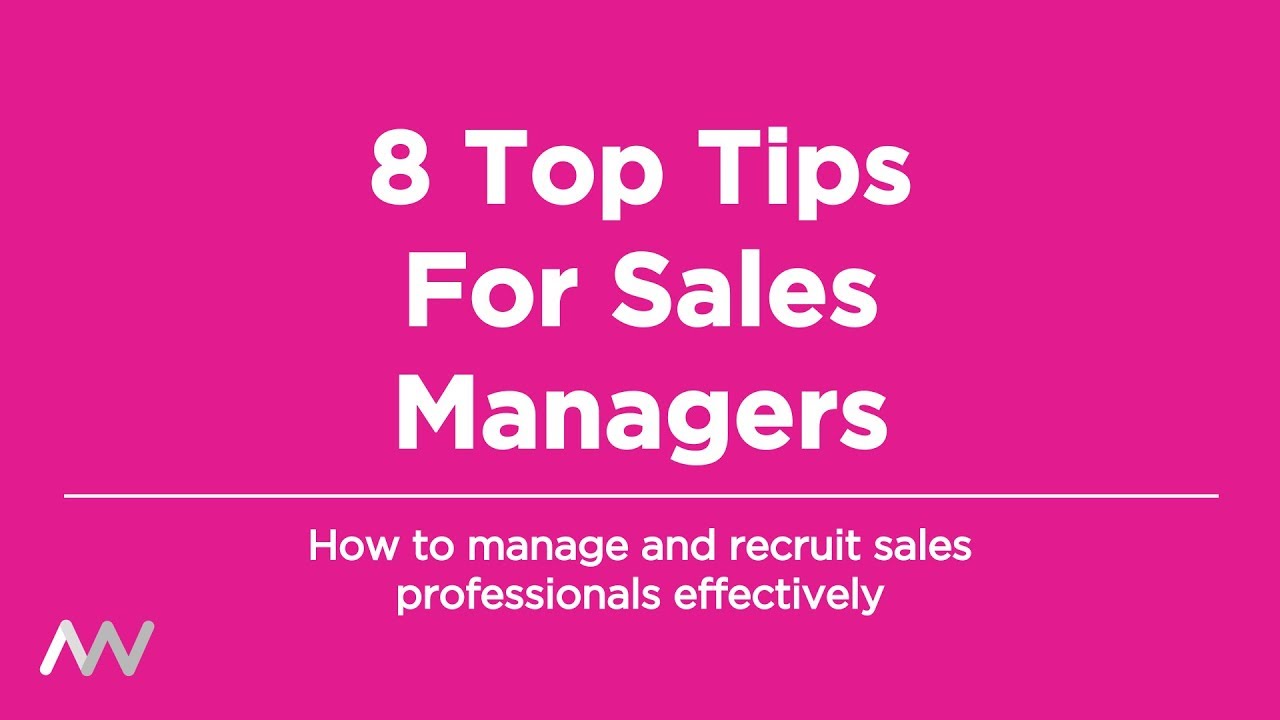
20 Things Every Sales Employer Should Know
- Before recruiting, have a recruitment plan and ensure you can answer the following questions:
- What do you expect your new recruit to achieve in the first year?
- How much will they cost in the first year?
- What will their first month of employment look like? i.e. training, induction, shadowing successful staff, being shadowed in initial meetings, etc.
- How will I train, coach and measure them?
- What skills, qualities, and experience will they need to have?
- What are the 'must haves', 'like to haves'?
- What's will their style and approach be like?
- Why will they want to join our business?
- Why will they love working for you as a boss?
- What will retain them in your business for the long term?
- Salespeople are expensive. Remember, a field salesperson will be basic salary, commission, NICs on the total earnings, car lease, fuel for x 000's of miles, expenses and whatever benefits you offer. How many deals will they need to earn the GP to cover this?
- It is very implausible that your new recruit will walk into your business with an order book – this is totally unrealistic in most circumstances.
- Getting the proposed new sales staff member to suggest their own measures (Key performance indicators) at a second interview is an excellent way to set realistic targets. Get them to walk you through a typical week/month – new client meetings, quotes out, conversion ratios, etc., based upon their previous experience.
- A £12K basic and £100K OTE is unlikely to enable you to recruit a quality sales applicant. Most salespeople look to cover their cost of living with their basic, and the OTE pays for the nice things in life – holidays, the new conservatory, etc. A stressed-out salesperson wondering how they're going to feed their family this month is not an effective one.
- It is unlikely that a 'big hitter' in a large organisation will hit the same revenue levels if they join a small organisation.
- It's better to hire the top salesperson from a small business into a large corporation than to hire the top salesperson from a large company into a small business. However, suppose the top salesperson from a small business is used to doing everything in the 'sales process', they will probably need coaching on compliance, structure and working with support departments.
- Sometimes a 'big hitter' in a large organisation will struggle in a small organisation as they will not have the same brand, support departments and resources to draw upon. Sales staff that have never worked in a large business may not have done significant elements of your' sales process' before (as they probably had support teams there to make the appointments, write the proposals, etc.).
- Warning – bad salespeople can often make really good interviewees. Have a solid recruitment process.
- Salespeople can often be surprisingly bad at 'selling themselves'.
- It is rare to see a CV of someone who hasn't met their sales target (and if they state that they didn't meet their target, they're probably very good).
- Salespeople probably need to be loved more than the staff of any other department – they love to be recognised.
- Cars are essential to a field salesperson. You may feel it petty, but having an unsafe and uncomfortable vehicle could make your new recruit head for the exit door pretty quickly.
- Most salespeople like gadgets. Therefore having a decent spec laptop and the ability to access the CRM system from the latest Smartphone is vital for them.
- Salespeople, perhaps more than any other staff, need to be continuously measured and given constant feedback.
- Salespeople walk away from businesses that are not regularly reviewed and given constant feedback.
- Salespeople are very incentive driven – give them constant targets and rewards. Often it's not the prize that drives them; it's the simple fact that they achieved what you asked them to do.
- Many salespeople are overtly confident but inwardly cautious. In my experience, many can be quite 'needy' and require regular reassurance that they are brilliant!
- Despite being more goal-oriented than most staff, it is pretty common to interview salespeople that do not plan their careers and futures. Work with them on long term goal setting to retain them.
- Good salespeople leave bad sales managers, not bad companies.
When you're ready to recruit, we'd love to help - Discover more about our service
Navigate our advice on recruitment planning:
by clicking the following icons:
Date published: 3rd March 2025

by Rob Scott
Managing Director

About the author
Rob Scott
Rob is the Managing Director of Aaron Wallis Sales Recruitment, a national recruitment agency specialising in sourcing sales and marketing staff for businesses across a broad range of commercial sectors. Before setting up Aaron Wallis, Rob spent ten years at a specialist Sales and Marketing recruitment division of a £0.5BN recruitment group, leaving in 2007 as Marketing & Sales Director to establish Aaron Wallis.
With over 24 years of experience in sales recruitment, Rob is a History graduate with an MBA (Merit) and a PgCert in Management Practice. In 2007, 2009 and 2013 Rob conducted the most extensive surveys of sales professionals in the UK and is a trusted authority in the sales industry. From guiding employers through the recruitment process to helping candidates find their dream job, Rob's advice has been quoted in leading publications such as Business Insider and The Independent, as well as OnRec, which host The Online Recruitment Awards every year.
Please call us to discuss your vacancy
From our blog
Our employers say...
Our candidates say...







